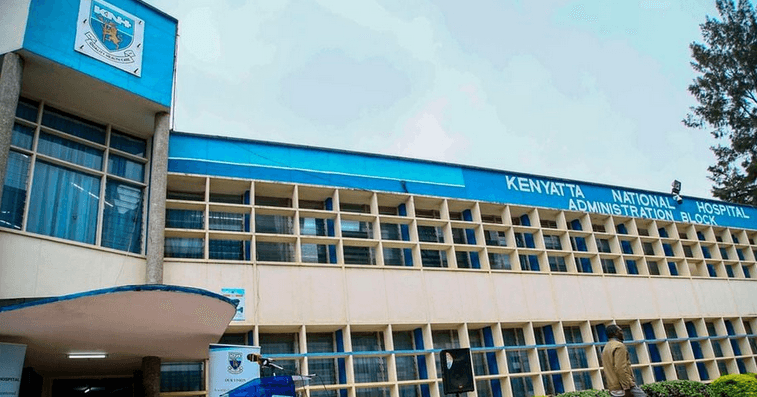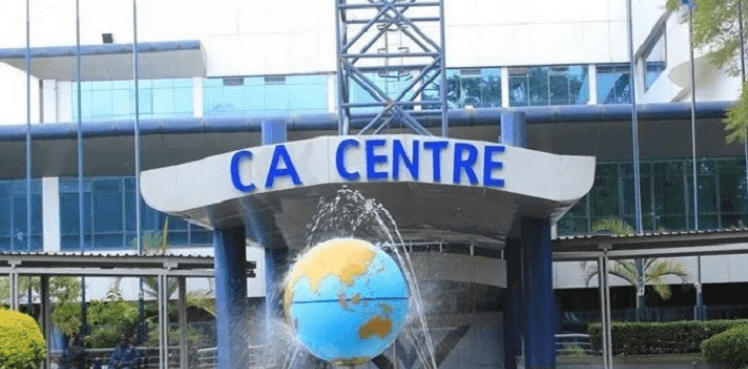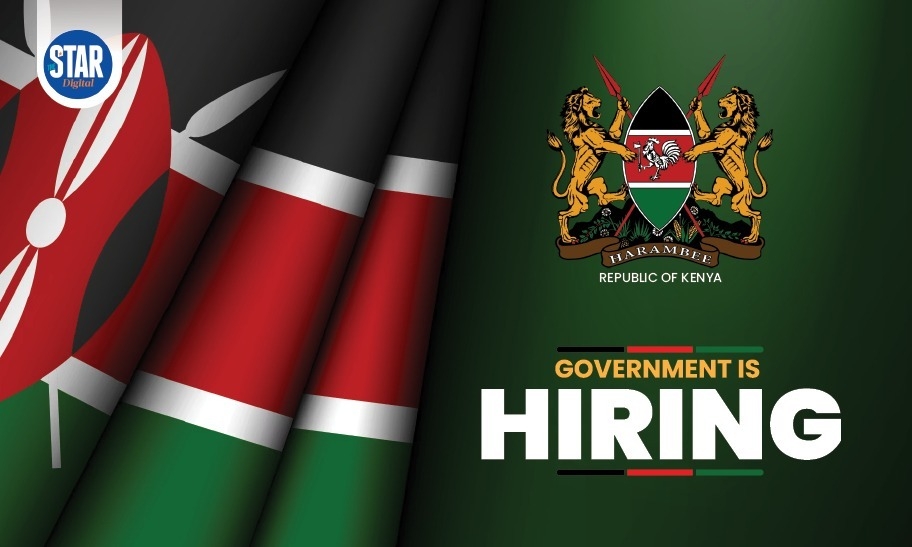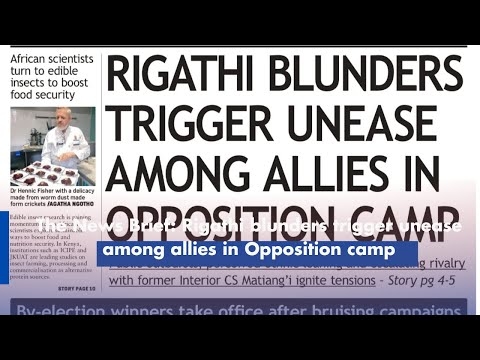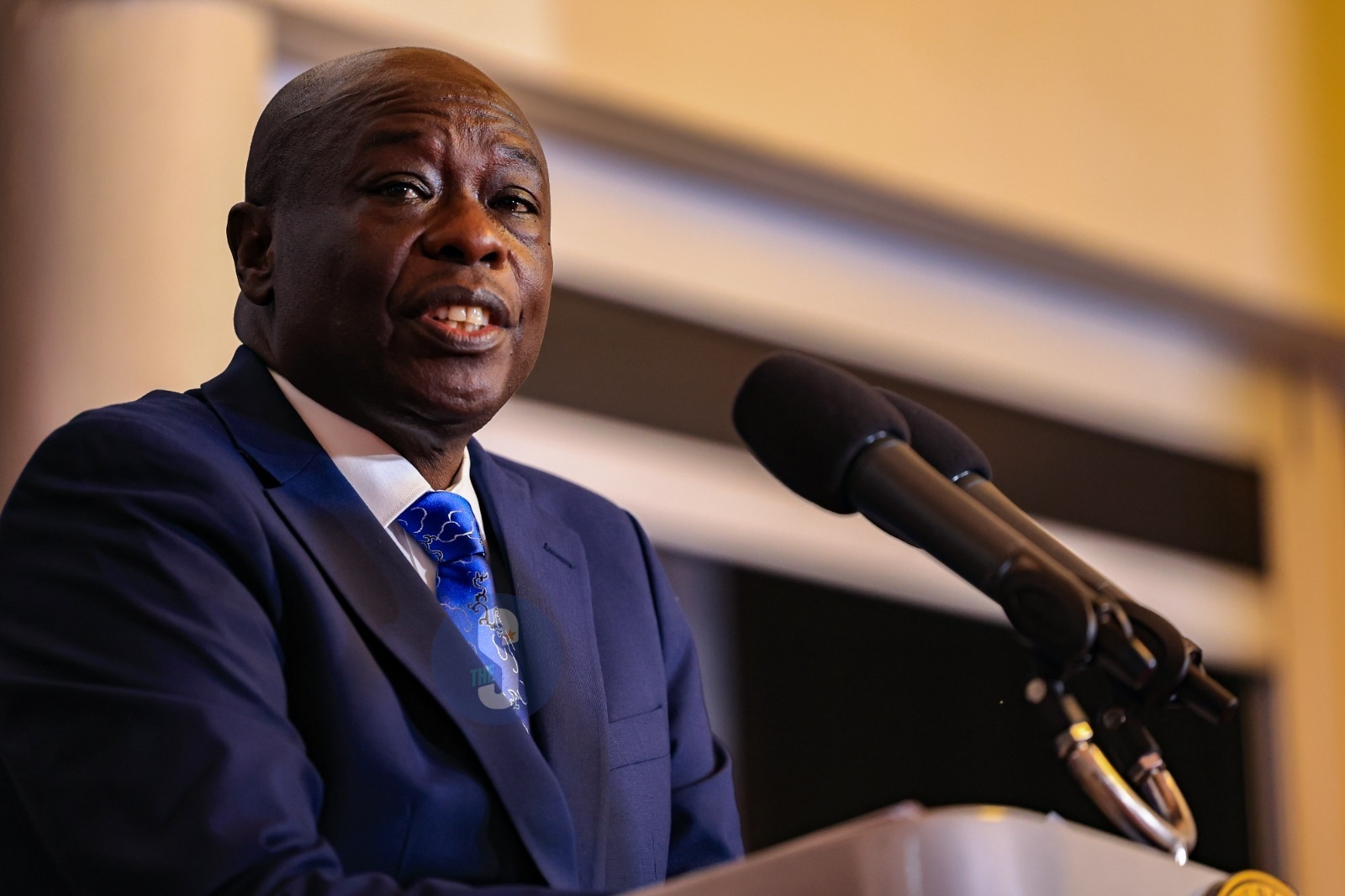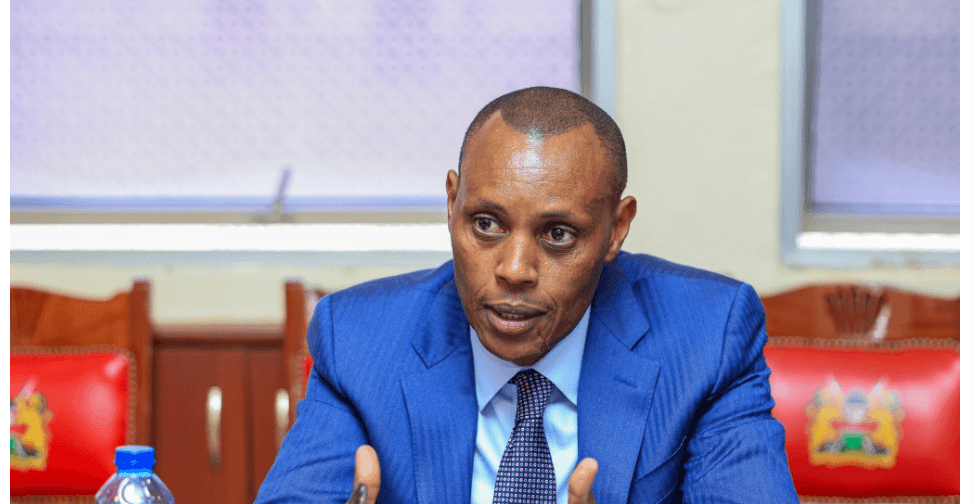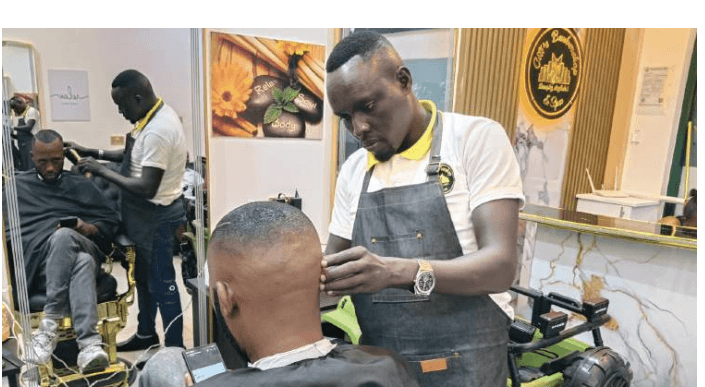Deputy President William Ruto is at the centre of a high-stake succession battle that mirrors that of his nemesis Raila Odinga, characterised by betrayal and broken political deals.
Ruto and his boss, President Uhuru Kenyatta, have been squabbling quietly but the tension hit a crescendo on Tuesday.
Uhuru kicked out and demoted some of Ruto’s most trusted allies in what some analysts have said was the clearest signal that the DP's march to State House will not be easy.
Ruto's men are now up in arms, accusing President Kenyatta of reneging on a deal to back him for the presidency in the 2022 polls.
But Raila, who now seems to be a spectator in the nasty Ruto-Uhuru divorce, has twice been a victim of the political game being played on the DP.
The first was the acrimonious split of the National Rainbow Coalition in 2003, just a year after it swept into power.
Raila’s then Liberal Democratic Party allies accused retired President Mwai Kibaki’s men of doing everything to trash a pre-election power-sharing deal that would make him prime minister.
Seventeen years later, Ruto is finding himself in the same situation.
Just as Narc disintegrated in the run-up to the November 2005 referendum on the proposed constitution, the Jubilee Party is on the same path as a plebiscite looms.
At the centre of the Jubilee split is the Building Bridges Initiative, which Ruto claims “has been hijacked to craft ODM’s 2022 lineup”.
Uhuru, on the other hand, appears to be pushing for a referendum to alter the governance structure of the country which he described on Tuesday as “the cure to the winner takes it all”.
GRAND COALITION GOVERNMENT
Then there was the Grand Coalition Government, a forced marriage where Raila allies lamented of him being treated as an outsider for five years.
In 2009, for instance, Raila sacked Ruto (Agriculture) and Sam Ongeri (Education) from the Cabinet but Kibaki swiftly rejected it, saying he had no such powers.
The entire five years were charcaterised by protocol breaches and open complaints by Raila that the provincial administration was conspicuously absent from his functions.
“The Prime Minister is coming to an important function like this and the PC is not there …and a small carpet like this,” Raila protested at his treatment by government officers in April 2009.
Ruto is now the victim.
Ruto’s men have complained that the regional administration — what was provincial administration — has been asked to stay away from his functions.
He also accuses top officials from the Office of the President of undermining his office.
In the run-up to the 2013 election, Uhuru and Ruto entered into the Jubilee Coalition, which brought together TNA and URP and they would share government almost on a 50-50 basis.
However, as Uhuru winds up his last term in office, he appears to have renege on the deal.
On Tuesday, he reshuffled his Cabinet, assigning his men key dockets in a move that was seen as elbowing Ruto and wreaking his influence in government.
Left with few options after Uhuru moved to edge him out of government, Ruto will be forced back to the drawing board.
Political analyst Isaac Wabuge compares the action by Uhuru to reshuffle his government and the economic revival plan seemed tailored for Mt Kenya as a masterstroke that may cripple Ruto’s ambition.
“To swing back from this, Ruto must sit back, do serious soul searching and meticulously move his cards smartly or less, this could be the beginning of an end of his journey to State House,” Wabuge notes.
The President reshuffled his Cabinet, sacking Ruto’s close ally and potential running mate Mwangi Kiunjuri, who was Agriculture CS.
In another move seen to reduce Ruto’s influence in government, Uhuru transferred CSs allied to the DP to less powerful ministries, and this was only coming months after he also transferred PSs seen to be from his wing to less lucrative dockets.
Wabuge linked the wars between Uhuru and Ruto to the chess game.
In a chess game, a player makes calculated moves to own the powerful pieces - the King, Queen, Bishop, Knight and the Rook in a bid to push the competitor to the corner only with Pawn.
The analyst says the latest moves by the President “are a political masterstroke” which Ruto should take time to study before responding.
“We have never seen the President bolder than he is now. He is dealing with Ruto with actions with an end game of whittling down his influence in areas he (the DP) had thought he does not need the President to take him,” Wabuge noted.
Wabuge opines that Ruto ignored Uhuru when he was calling on him and his troops to stop early campaigns and instated focus on assisting him to cement his legacy.
“The writings have been on the wall for Ruto. He has been doing things that are coming out that State House has not approved. He now has no option but to do serious soul searching and re-strategize,” he said.
Uhuru is said to have planned a more brutal purge but was toned down last minute by his deputy who intervened to save some of the officials who had been earmarked for axing.
The changes were generally viewed as a move meant to cut Ruto to size and deflate his 2022 political machinations, which had divided the Cabinet down the middle.
Ruto’s sin, according to pundits, is his opposition to the BBI and premature 2022 campaigns.
The thread holding Uhuru and Ruto’s relationship has been getting thinner by the day, something that has escalated the rift in the Jubilee’s administration.
In recent months, DP through his allies seemed to have adopted a daredevil attitude, punching close to the President, a move that is claimed to have precipitated the changes effected on Tuesday.
The strained relationship went to the wire when two MPs allied to Ruto were on Tuesday denied access to State House, Nakuru, where the President was issuing 200 titles to residents on alleged order from above.
The lawmakers – Susan Kihika (Nakuru senator) and David Gikaria, (Nakuru Town East MP) were filmed stranded at the heavily manned gate arguing with reluctant GSU officers.
Last weekend, the rift came to the fore when Ruto led his brigade in dismissing the ongoing BBI tours, claiming ODM has hijacked the process to coin a political line-up.
Kihika, a close ally of DP, termed the push to amend the Constitution a clever way of accommodating poll losers.
“BBI was never about uniting Kenyans but about creating positions for perennial losers and reluctant retirees. These political conmen really think we are fools,” she said.
Reminiscence of a man pushed to the corner, Elgeyo Marakwet Senator Kipchumba Murkomen declared that Ruto is not an employee of the President in a Twitter rant that exposed the deep unease in Jubilee.
This is despite Uhuru rallying Kenyans, especially his Jubilee administration, to back the BBI process to unite the country and address numerous challenges bedeviling the country during elections.
In his address to the nation on Tuesday, Uhuru declared BBI a moment of a nation renegotiating with self likening it to Lancaster consensus of 1990s.
“In this process of renegotiation, no voice will be wrong and all will be heard. The BBI process is inclusive, it should spell the end of ethnic majoritarianism. It will be the end of winner-take-all politics. We are on a path to end the cycles of election crises. This is the only path to winning the economic kingdom,” he said.



